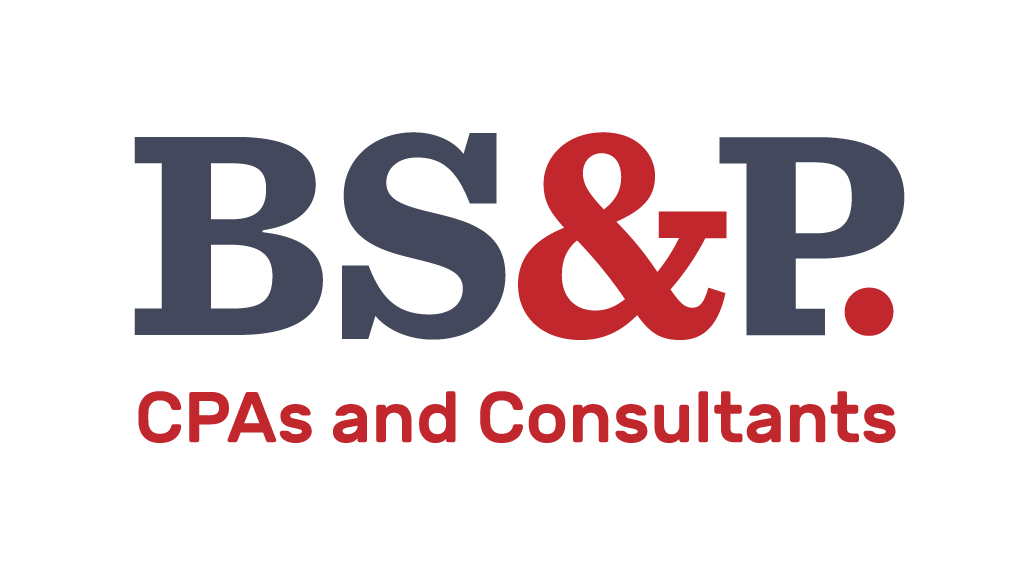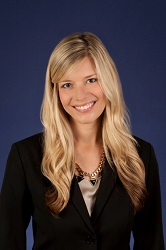Are you an accounting student who is feeling overwhelmed by the recruiting process?
This column is a series intended to help you succeed as you begin your journey with the accounting profession.

Phase 1: Preparation—before the interview:
- Research the company and be prepared to talk about what you know. At minimum, know the following:
- The firm’s core values, the type of work they perform, and any recent activities, events, or big projects.
- If anything that you come across when you’re researching aligns with you personally, this presents a great opportunity for a talking point. Example: if the firm you are interviewing for is heavily involved in the local community and you are too, make a point to talk about that!
- The firm’s core values, the type of work they perform, and any recent activities, events, or big projects.
- Practice makes perfect.
- Look online at questions that are asked in interviews and practice developing responses. Below are some common interview questions that you may see when interviewing for internships:
- “Tell me about yourself.” (Have an elevator pitch ready).
- “What are your biggest strengths and weaknesses?” (Weaknesses… trick question! Try to spin any weakness into something positive).
- “What are your top three skills?” (list and also explain with relevant examples).
- Look online at questions that are asked in interviews and practice developing responses. Below are some common interview questions that you may see when interviewing for internships:
Phase 2: The interview
- Dress appropriately and dress up! Even if the job you are applying to allows business casual, or smart casual (denim), you should always go with business professional for the interview.
- Always arrive early. If the interview is taking place in an unfamiliar area, you may want to drive to the location on another day to ensure that you know where to go on the day of.
- Be in tune with your nonverbal cues:
- Make eye contact, smile, actively listen, and shake the interviewer’s hand when you first arrive.
- Bring an extra resumé just in case and know it like the back of your hand.
- Where appropriate, use the S.T.A.R. method (situation, task, action, and result) to fully respond to questions.
- When the interviewer asks, “Do you have any questions for me?” always say yes and be prepared with at least two or three. Examples:
- What do you like the most about this company?
- What does the ideal candidate for this position look like?
- What does career progression look like at this firm?

- Do not wear clothing that is wrinkled, stained, covered in animal hair, or revealing.
- Do not have anything inappropriate on your social media platforms—some employers will take a look before they consider hiring you!
- Do not act flustered— if an unexpected question comes up, state that you need a moment to think about an answer (but don’t do this for every question).
- Do not show up late—in the case of an emergency or something else, try to contact the interviewer.
Bonus Tip
Interviewers will often have a list of questions that they may ask from candidate to candidate, but your resumé will be the source of further conversation. Be prepared to talk about everything on that paper and try to highlight what makes you unique!
Personal Experience:
Figure skating was always my sport growing up. On my resumé I have listed that I am a double-gold medalist in “moves in the field” and ice dance under the achievements section. My skating background came up in every interview I’ve had to date! (HINT: look back at my bonus tip).
Hear from our Chief Human Resources Officer:
“Many employers now interview candidates virtually through Teams, Zoom, or other video conferencing software. I recommend that students download the software if they don’t have it already and test it out prior to the interview to verify that their camera and microphone are working correctly. This will ensure that the beginning of the interview is seamless and not disrupted by technology issues!”
-Caroline Organ, SPHR
Written by, Katie Kriner, Staff Accountant

